











Read More
Operation Theatre Technology is a multifaceted discipline that explore into various critical aspects pertinent to surgeries conducted within the operating room. Our program aims to provide in-depth knowledge and practical skills essential for professionals to effectively support surgical experts and anesthesiologist throughout procedures. During the period of studies, students will be learning about anesthesia, anesthesia equipments, surgical equipments, sterilization methods, pre-operative and post-operative care. This programme offers students extensive hands-on practice and comprehensive training on handling emergencies with precision. Through practical exercises and expert guidance, it ensures that the students are adept to respond effectively in critical situations. The demand for skilled operation theatre technologists is high in various healthcare settings, including surgery units, emergency departments, and intensive care units within hospitals. Upon completion of this program, students will be fully prepared to seamlessly integrate into hospital settings, providing valuable assistance during surgeries and ensuring the smooth operation of procedures.
Year wise Course Details
Courses for this semester
The course human anatomy and physiology is introduced to help students to learn about the foundational concepts as well as the structure (anatomy) and function (physiology) of the human body and also assist the student in understanding the relationships between normal structure and function in human cells, tissues and organs.
This course provides an in-depth understanding of the technical aspects of biochemical studies, emphasizing clinical findings related to body metabolites and explaining energy flow through ATP in human cells.
This program will cover the topic to manage, schedule, coordinate, direct, and track the effects of medical and health services, their knowledge is needed. India is the second-most populous country in the world, and this number has kept growing for the past years. It is slated to continue to do so. With the increase in population, the demand for better healthcare and hospital administration will also increase. Even today, we can observe that many Health projects are being carried out by the government as well as by private entities. This includes Medical colleges, super-specialty hospitals, laboratories, and so on.
Aims to provide students with a comprehensive understanding of human behavior and mental processes.Explore various psychological domains such as cognitive, developmental, social, and abnormal psychology, gaining insights into how individuals think, feel, and act.To be equipped with critical thinking skills and an appreciation for the complexities of human behavior, enabling them to apply psychological concepts to real-world situations.
This is course is designed to equip students with essential knowledge and skills in the examination of patients. The course covers a range of topics, including the principles of clinical examination, history taking, vital signs assessment, physical examination techniques, interpretation of findings etc. At the end of the course, learners will be able to apply their knowledge and skills to accurately and effectively examine patients, integrate findings into clinical decision making, and communicate findings to other healthcare professionals. They will be prepared to continue their training in more advanced clinical examination techniques and practical applications.
This course explores the principles and applications of network analysis in systems biology, focusing on the study of complex biological systems through computational and mathematical modeling. Students will learn to construct, analyze, and interpret biological networks, such as gene regulatory, protein-protein interaction, and metabolic networks, to understand their structure, dynamics, and functional implications.
This course fosters skill development and personal growth by encouraging participation in diverse extracurricular and co-curricular activities. Students will enhance their teamwork and leadership abilities through engagement in club-led events and competitions, gaining practical learning experiences beyond the academic curriculum.
Courses for this semester
To develop fundamental knowledge on the gross structure of the excretory system and its function. To classify the nervous system and understand the functions of all the special senses. To identify different types of immune cells, comprehend the lymphatic system, and understand the structure and function of the male and female reproductive systems, including their regulation by the endocrine system.
To teach the technical aspects of biochemical studies, focusing on clinical implications. To elucidate the energy dynamics via ATP in human cells. To provide comprehension of enzymes, including their functions, regulations, and biological significance.
This course provides foundational knowledge and practical skills essential for delivering effective, compassionate, and professional healthcare services in a hospital setting. It focuses on the responsibilities of healthcare workers, patient care protocols, and communication within the multidisciplinary team. It is designed to prepare students for clinical roles by fostering a patient-centered approach and ensuring safety and efficiency in hospital operations.
It is an essential part of holistic education, designed to complement academic learning and foster personal, social, and professional growth. These activities encompass a wide range of programs that develop skills, creativity, leadership, teamwork, and social responsibility, preparing individuals for real-world challenges beyond the classroom.
Courses for this semester
To understand the role and function of the operating theatre in healthcare. Introduce the postoperative care unit environment, including equipment and personnel. To understand the workflow and processes within the operating theatre and postoperative care unit
To understand the principles and techniques of anesthesia administration. To learn essential life support skills including CPR and airway management. To develop effective communication and teamwork abilities for emergency situations
Introduce the students to the concepts related to the microorganisms and some important disease caused by microorganisms. Understand the staining process to identify the microbes. Understand the immune system.
.Explain the mechanism of drug action, side effects, adverse effects, dose and therapeutic uses of the drugs used to treat various disorders. To explain about the emergency drugs.
Understand infection control principles and prevention strategies. Learn various sterilization methods and their applications. Develop practical skills in implementing infection control measures for maintaining a safe healthcare environment.
Learn new concepts from industry experts. Develop job-relevant skills with hands-on projects .Gain a foundational understanding of a subject or too
To develop skills and interests through participation in diverse extracurricular and co-curricular activities. To learn about teamwork and leadership abilities by engaging students in club-led events and competitions. To provide opportunities for personal growth and practical learning beyond the academic curriculum.
Gain familiarity with the evolution of the modern sciences and professions of abnormal psychology. Learn strategies for undertaking close reflection on diagnostic classifications and treatment of mental illness, both past and present. Become aware of the cultural and socio-economic factors that have influenced our understanding and treatment of mental illness
Courses for this semester
To comprehend the types of biomedical waste and their color-coded disposal methods. To differentiate between biomedical waste types and understand their associated hazards. To illustrate the disposal process for human waste and contaminated sharps.
Demonstrate proficiency in recognizing and managing life-threatening medical emergencies. Understand the basic principles of high-quality cardiopulmonary resuscitation (CPR) along with advanced airway management. Apply ACLS algorithms and protocols for the management of medical emergencies including the use of automated external defibrillators (AEDs), Synchronized cardioversion and pacing.
Understand the principles of initial assessment and stabilization of patients presenting with medical and surgical emergencies. To incorporate knowledge, skills and techniques in the management of certain emergencies including IV fluid administration.To gain insight into gynaecological and paediatric emergency scenarios.
To develop writing abilities through various exercises and assignments. To develop innovative thinking and creative ideas. To develop skill and knowledge to explore different activities.
To describe how sedative-hypnotic drugs (barbiturates, benzodiazepines) and antianxiety drugs (benzodiazepines) work and differentiate their clinical uses based on how they are processed in the body.2. To develop a treatment plan for heart failure using digitalis, diuretics, vasodilators, and ACE inhibitors, considering their mechanisms and possible interactions.3. To assess the effectiveness and safety of antihypertensive and justify their selection based on patient-specific factors and conditions.
To comprehend legal principles and ethical dilemmas in healthcare.To advance awareness of patient rights and professional responsibilities. To analyze the impact of laws on medical practice.
To understand basic pharmacological concepts, including emergency medicines and their properties. To identify various drugs used in medicine and discuss their mechanisms of action. To report on clinical applications, side effects, and toxicities of drugs, and translate pharmacological principles into clinical decision-making.
Understand the basic principles of pathology, sample collection process and hematology. Demonstrate proficiency in performing blood typing, cross matching, and compatibility testing in the blood bank setting
Courses for this semester
Infection Control and Sterilization Techniques is a crucial course focusing on maintaining a safe healthcare environment. Students learn infection prevention strategies, sterilization methods, and practical skills for implementing hygiene protocols. It is a deal for healthcare professionals aiming to enhance patient safety and minimize the spread of infections.
This course provides a comprehensive foundation in the essential practices and principles of the operating theatre (OT). This course covers the physical layout, daily routines, and patient care protocols necessary for a safe and efficient OT environment. Students will learn about the importance of maintaining a sterile environment through proper cleaning, dusting, and fumigation procedures. The course also includes detailed instruction on OT procedures, such as blood transfusions and medication administration, alongside an exploration of the Central Sterile Services Department (CSSD) and its role in sterilization and waste management. Practical skills are emphasized, preparing students to handle equipment, position and drape patients, document routines, and ensure overall patient care and safety in the OT.
OT Technology Clinical focuses on the essential aspects of operating theatre management and surgical asepsis. The course covers the physical layout of the surgical suite, the principles of aseptic technique, and the appropriate use of operating room attire. Students will learn about hazards and safety protocols in the OT, including emergency preparedness and disaster planning. The course also delves into sterilization and disinfection methods, including decontamination principles, sterilization techniques, and the operation of autoclaves
The course provides a comprehensive overview of anesthesia, covering its historical background, types, and the process of selecting appropriate anesthesia. Students will learn about premedication, as well as pre and post-anesthetic assessments. The course emphasizes methods of anesthesia and physiological monitoring, including the maintenance and emergence from anesthesia, and the criteria for extubation. Additionally, students will be introduced to various equipment used in anesthesia, such as airway management devices and oxygen delivery systems. The course also covers the components, protocols, stages, and risks associated with general anesthesia, along with an introduction to diagnostic procedures like endoscopy and biopsy.
OT Technology - Advanced I builds on foundational knowledge, focusing on advanced techniques and technologies used in the operating theatre. This course covers sophisticated surgical instrumentation, advanced sterilization techniques, and complex OT procedures. Students will gain hands-on experience with cutting-edge equipment, learn about the latest advancements in surgical technology, and understand how technology enhances surgical outcomes. Additionally, the course emphasizes advanced practices in infection control, patient safety, and surgical protocols, preparing students to manage complex surgical environments and contribute effectively to advanced surgical teams.
This course provides a foundational understanding of patient care, focusing on essential skills and knowledge required for providing high-quality, compassionate care. Students will learn the basics of patient assessment, hygiene, mobility assistance, vital signs monitoring, and effective communication with patients and healthcare teams. Emphasis is placed on ethical considerations, infection control, and creating a safe environment for both patients and caregivers. This course is ideal for aspiring healthcare professionals and those seeking to improve their care giving skills
This course explores the interplay between social, behavioral, and environmental factors affecting health. Students learn how to apply behavior change theories to promote better health outcomes and reduce risks related to chronic conditions like obesity and mental health disorders.
This course facilitates the holistic development of teacher trainees by offering diverse co-curricular activities. Participants will enhance their skills through seminars, workshops, and competitions, while also engaging in community service initiatives like N.S.S. and promoting physical well-being through games and sports. Overall, it prepares future educators to contribute positively to society.
Courses for this semester
Develop skills in the use of advanced surgical equipment including electrocautery, laser surgery, microsurgery, ultrasono surgery, and laparoscopic surgery. To expertise in the correct positioning ,prepping, and draping of surgical patients. Develop comprehensive knowledge to understanding of general and intensive care surgery.
Develop the knowledge medical gas supply and anaesthesia machine systems. Develop expertise in anaesthesia techniques and different anaesthetics agents. To learn about anaesthesia delivery systems and breathing circuits.
Develop fundamental skills in plastic, reconstructive, cardiac, thoracic, and vascular surgeries. Learn to different surgical procedure and manage patient care before and after surgery. Learn the basics of organ donation, types of transplants, and ethical considerations in transplantation.
To learn about proper patient positioning, use of monitoring devices, and the importance of accurate documentation in the operating theatre. To develop knowledge to use various surgical instruments and apply essential OT techniques, including infection control and wound care. To learn about the legal and ethical responsibilities in OT, the importance of informed consent, and the critical role of teamwork in surgical settings.

CST- Common scholarship test is a national and international level online MCQ based examination funded for intellectual empowerment by Assam down town University.
CST- Maximum enrolment each year is 269 seats and any 10+2 students can apply. Adtu is northeast India’s first placement driven university to provide 100% scholarship benefits worth 30 cr.
CST aims to inspire brilliant and competent students to pursue further education. Accredited with a prestigious grade by NAAC, UGC and AICTE.
Explore more scholarships that can help you reach out your goal with financial aid.
This scholarship is valid on the basis of the board/university examination
| 95% & above | 100% Scholarship on all semester |
| 90%-94.9% | 50% Scholarship on all semester |
| 80%-89.9% | 25% Scholarship on all semester |
This scholarship is valid on the basis of the board/university exam
| National & International Level | 100% Scholarship on all semester |
| State Level | 50% Scholarship on all semester |
| District Level | 25% Scholarship on all semester |
This scholarship is valid on the basis of the board/university exam
| National & International Level | 100% Scholarship on all semester |
| State Level | 50% Scholarship on all semester |
| District Level & NCC Certificate Holder | 25% Scholarship on all semester |
Discover a multitude of world-class amenities and cutting-edge resources at Assam down town University, enhancing your academic journey to new heights.
The Start-Up & Incubation Centre at Assam down town University provides a supportive environment for young entrepreneurs to develop and grow their business ideas. The center provides mentorship, funding, and networking opportunities to help innovative ideas become successful businesses.
SFURTI scheme to support rural entrepreneurs and innovators, an initiative by the Ministry of MSME
TIDE 2.0 scheme for ICT-based startups which provides a grant of Rs. 4L and Rs. 7L under EiR and Grant categories respectively, an initiative by the Ministry of MeitY.
dtVL Ideation, an incubation program for early-stage entrepreneurs with a market-ready solution/product, offering interest-free loans up to Rs. 2 lakhs.
Sprout UP, an incubation program for students, faculties, and researchers with innovative business ideas, prototypes, or technology solutions.

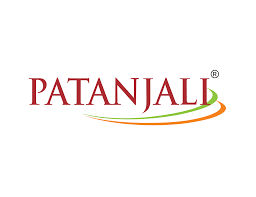

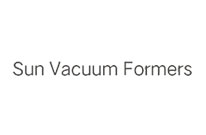

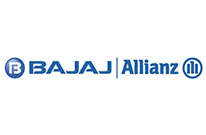
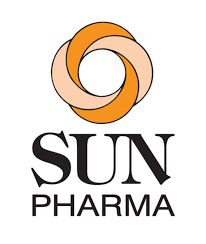
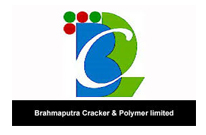




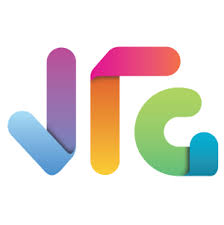
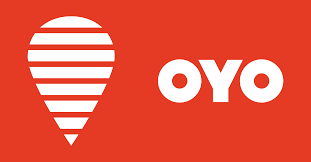

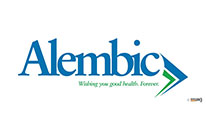

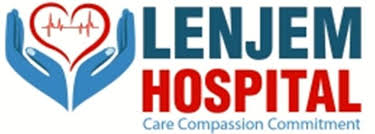


.png)


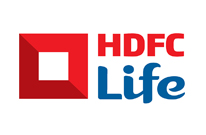

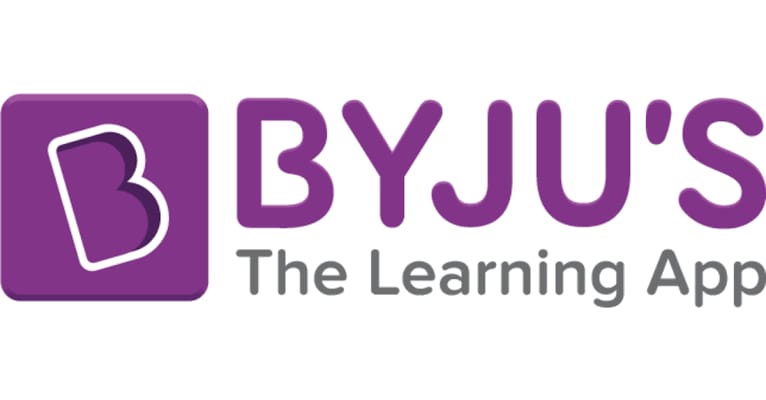
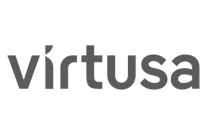







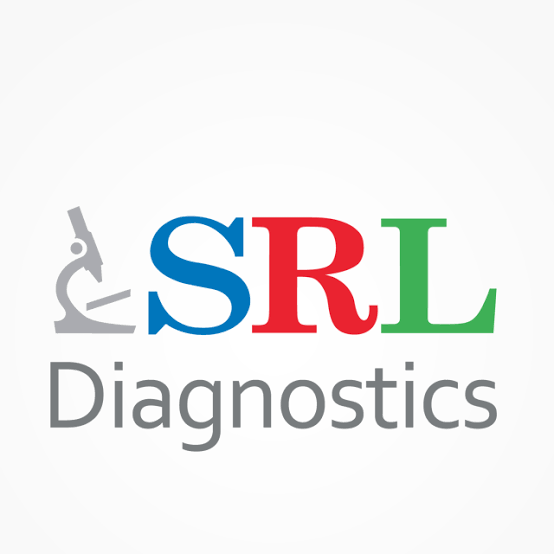





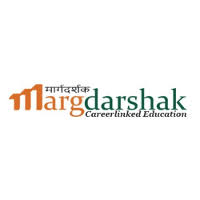





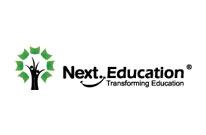
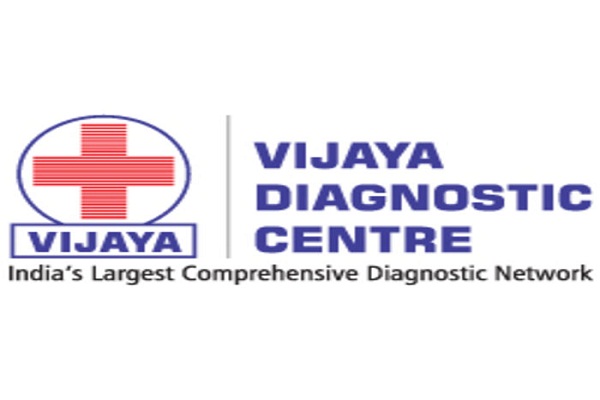


"I am a BBA student of 3rd semester. I hail from Bhutan. I vow that I am having a great experience i...
"AdtU is amazing. I am a BBA student of 2019-22 batch and I am just grateful for the amount of oppor...
Let us be grateful to the people and place who makes us happy. They are the charming gardeners whom ...
Currently I am pursuing MBA in Assam Down Town University. MBA is the professional course through wh...
AdtU is a university that focuses on giving knowledge, education and simultaneously making the stude...
The Assam downtown University has been a great learning experience. The university has provided me w...
My experience with AdtU has been splendid one indeed. Little needs to said about its scenic infrastr...
As a student I am very glad that I have got an opportunity to study here in Assam downtown universi...
My name is Sakhyajit Roy. I?m from Tripura. I joined the university on Auguest, 2017 as a student of...
I share immense pleasure to share my post graduate program experience in Assam down town University....
AdtU is a platform where I got golden opportunities to feed my zeal for knowledge through the dynami...
I am fortunate to get an opportunity to study here in Assam Downtown University. The best thing abou...
Our university is one of the best place for developing ourselves in the field of research and acedem...
ADTU is a university that is very good interms of infrastructure, academics and placements. Our tea...
It is one of best private colleges in North East India, it also provides a good environment for ed...
ADTU is a good University which provides the students with best quality lectures and ensures comfort...
The environment of Assam downtown university is very pleasant.The department of BMLT is very good a...
The university has all the necessary facilities and amenities for students . The classrooms and the ...
Assam downtown University is well recognised all over india. In the ongoing pandemic situation it ha...








